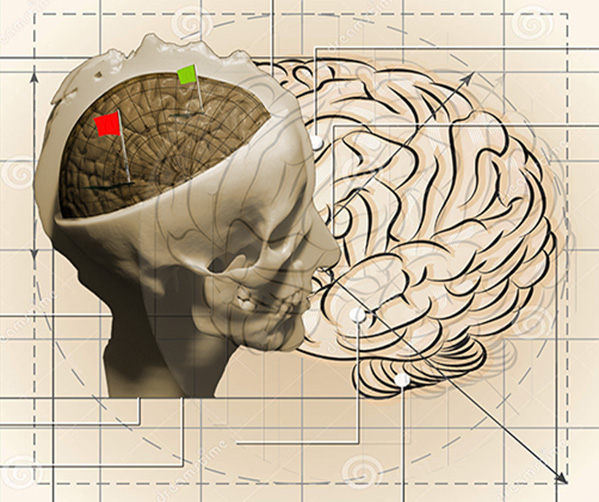Neuroscientific research is one of a series of scientific endeavors, including stem cell research and space exploration, that have been described as ‘pioneering’. I’ve become interested in why we keep on seeing the use of this term. Scholars of rhetoric, like Leah Ceccarelli have argued that the use of pioneer metaphors is an important part of arguing for large-scale funding of some scientific research (Ceccarelli 2013).
I’ve been thinking about the relationship between contemporary neuroscience and the excitement and power associated with any research that is marketed as ‘pioneering’ (Prophet, In Press). The use of terms like ‘conquest’ and ‘land grab’ in discussions of so-called pioneering science points to the relationship between the pioneer, the frontier and the map and I’m making connections between those terms from geography and mapmaking (cartography) and the making of so-called ‘brain-maps’ and related computational ‘brain atlases’.
My thinking goes something like this: historically, geographic-pioneers needed cartographers in order to map out, and lay claim to, newly discovered territories, to define boundaries, to demarcate, divide and classify. This has been discussed widely as being a set of political acts. What is revealed when we think similarly about the mapping rhetoric that is being played out in neuroscience? A critical cartographer is someone who looks at maps and map-making using theoretical critique grounded in critical theory. Critical cartography differs from academic cartography in that it links geographic knowledge with political power. I’m looking at brain maps like a critical cartographer to see what they show me about neuroscientific knowledge and political power.
